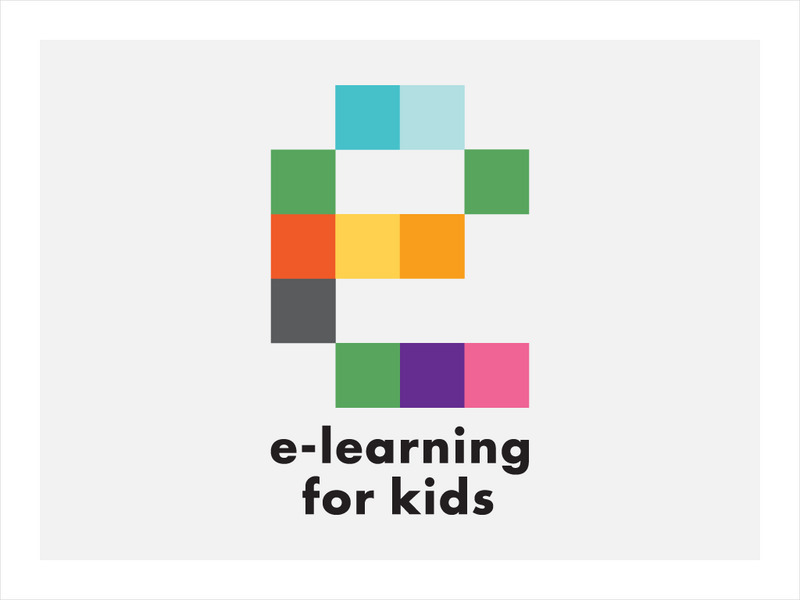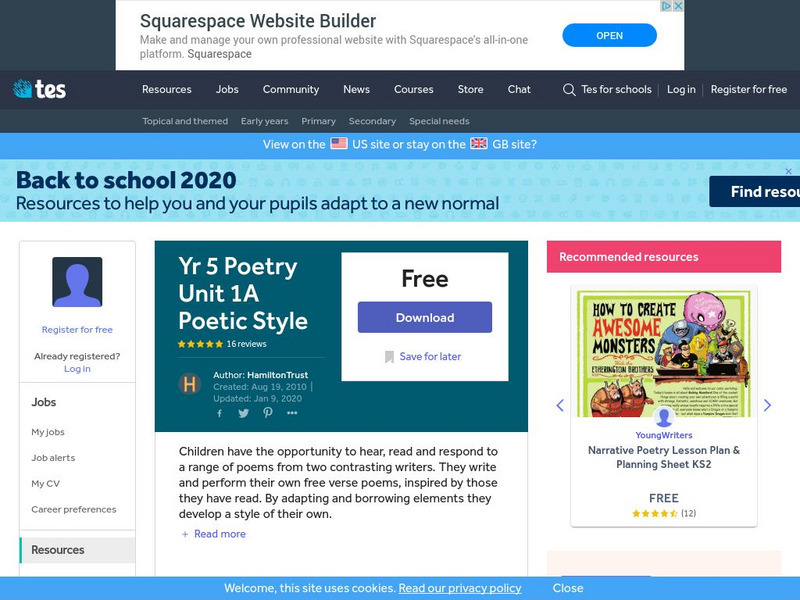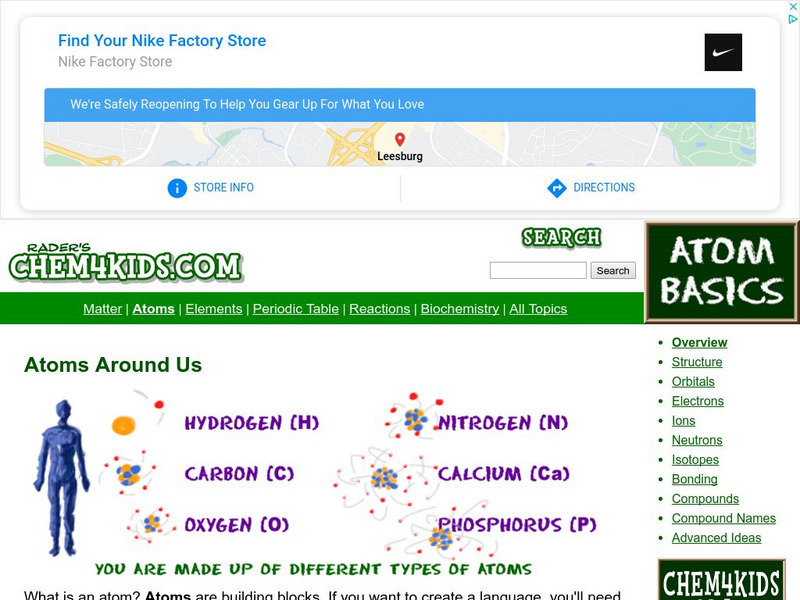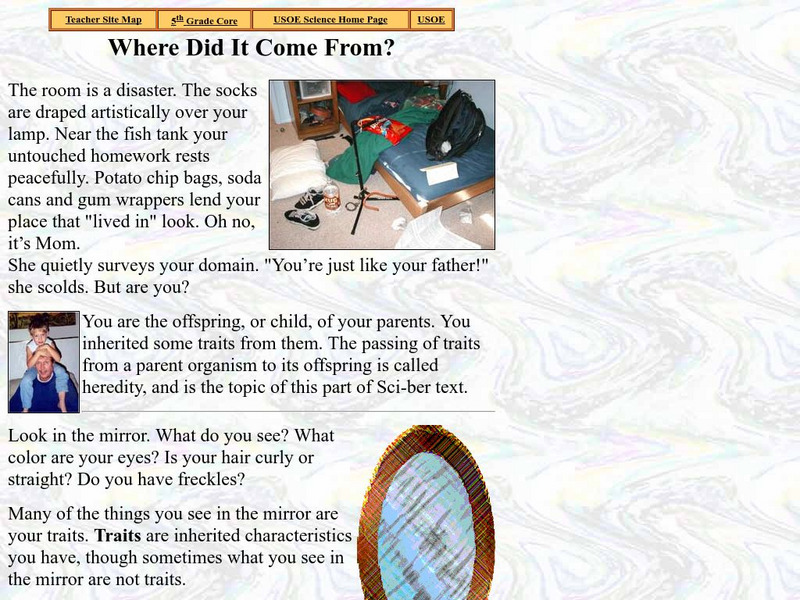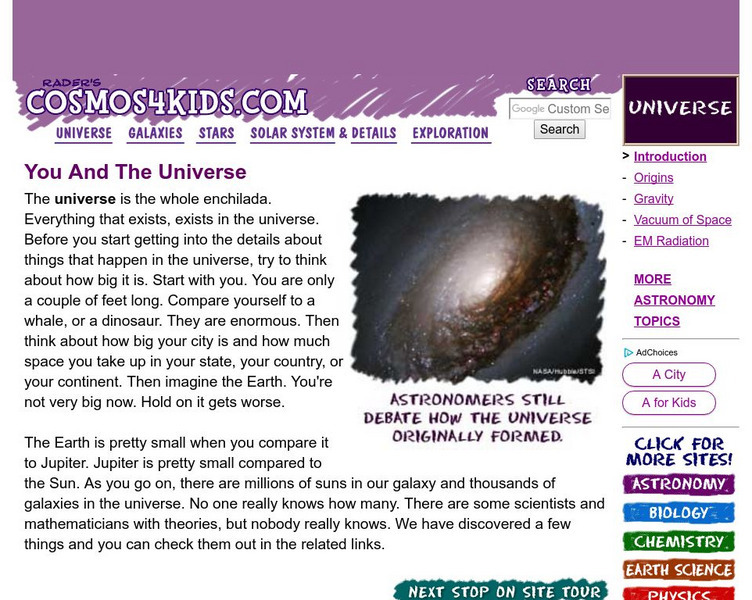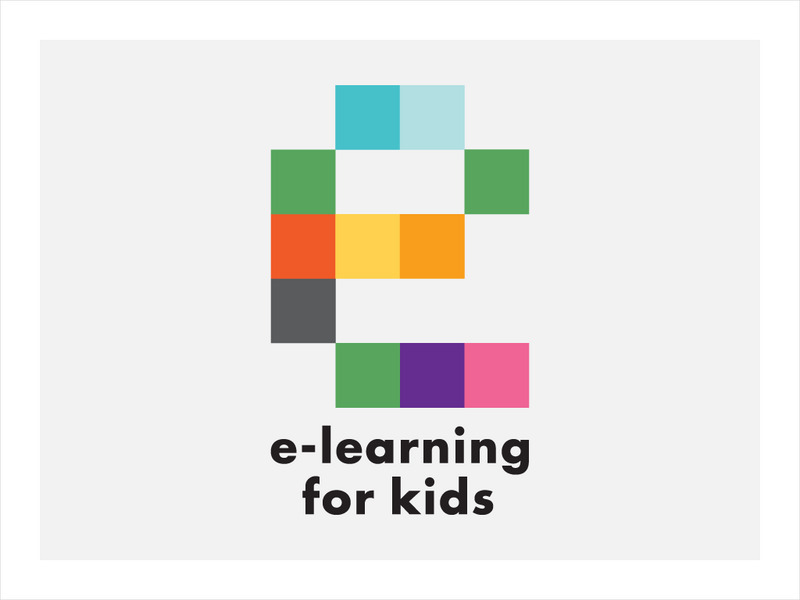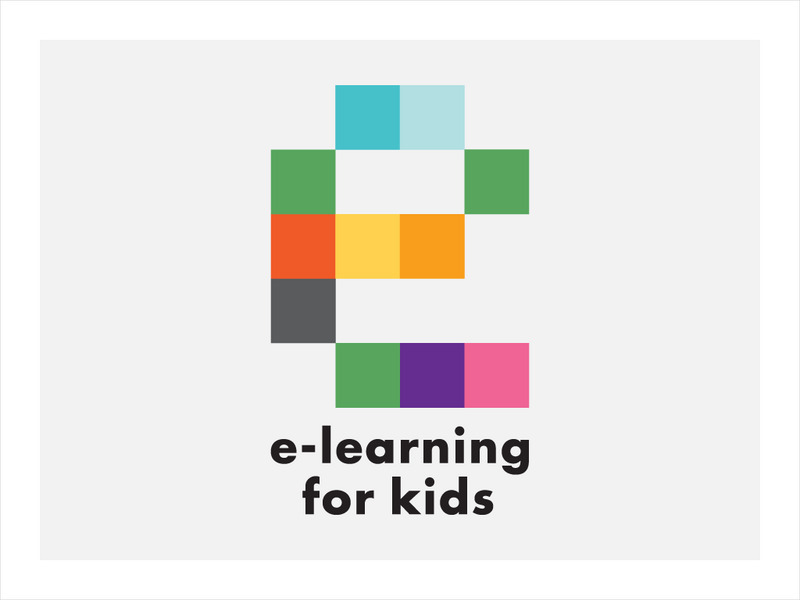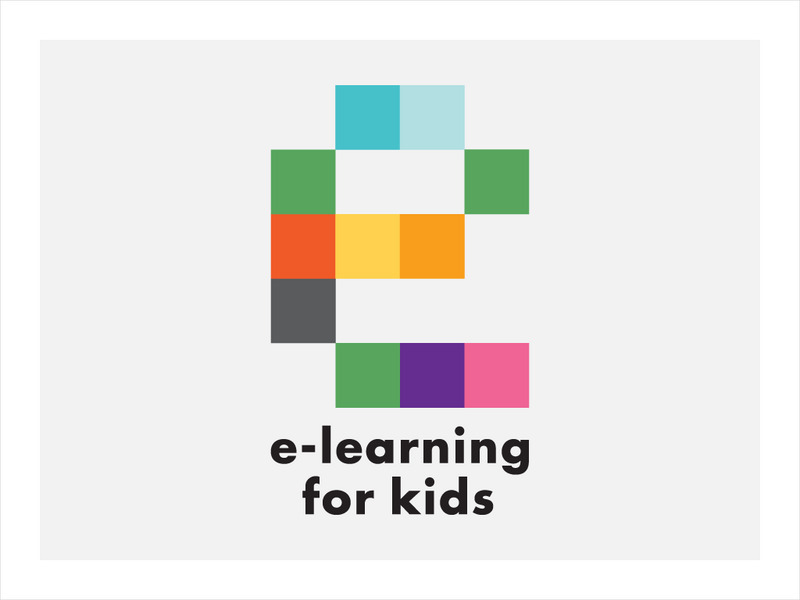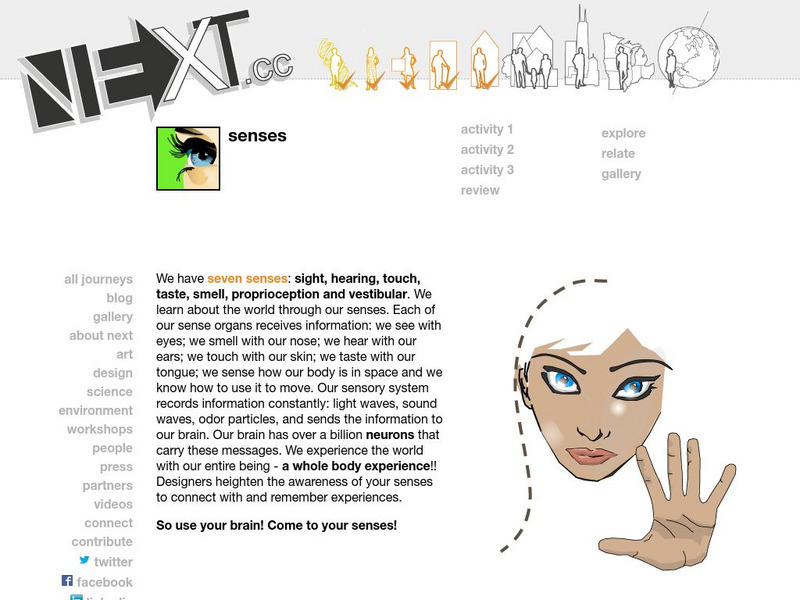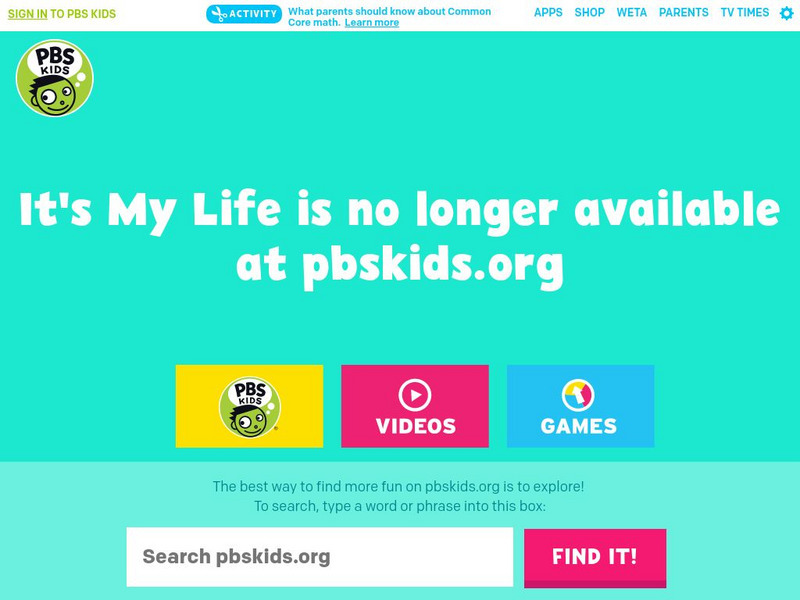Chem4kids
Chem4 Kids: Symbols in Chemical Equations
Chem4Kids! provides an overview of the symbols representing numerical values in chemical equations. Each symbol is defined and described.
Chase Young, PhD
Dr. Chase Young, Ph D: Reader's Theater Script: Rump and Ugla [Pdf]
A reader's theater script for the modern fairy tale, Rump and Ugla, is provided on these pages. Six character roles are needed in this activity.
PBS
Pbs Kids: Design Squad: Build: Balance Magic
See if you can balance a sculpture on the end of a toothpick!
Daily Teaching Tools
Daily Teaching Tools: Responding to Literature Forms
This Daily Teaching Tools resource provides graphic organizers including a book critique form, response journals, adding an ending, and book log.
US Department of Energy
Need Project: Solar Oven [Pdf]
An introduction and activity to engage students in building a solar oven.
E-learning for Kids
E Learning for Kids: Mediterranean Sea: How Long Does It Take for the Earth to Go Around the Sun?
Learn about the Earth's revolution and rotation in this module.
TES Global
Tes: Yr 5 Poetry Unit 1 a Poetic Style
[Free Registration/Login Required] This learning module engages students in analyzing different poems. A poetry unit overview, a poetry checklist, figurative language notes, sixteen poems and graphic organizers are included to help...
Chem4kids
Chem4 Kids: Atoms
This site provides a detailed overview of atoms. Content explores an atom's structure, as well as what ions are, how atoms bond, what compounds are (including how to name compounds), and what isotopes are.
Annenberg Foundation
Annenberg Learner: Patterns in Mathematics: How Many Valentines?
Students look for patterns to determine how many valentines will be distributed in a class of 28 students. After trying the problem, they can look at several other methods that could be used and compare the answer they got. There is also...
Utah State Office of Education
Utah Science: Where Did It Come From?
Is your room a mess? Does your nose have freckles on it like your mom's? Are your eyes the same color as your dad's? Which one of these things does not belong in lessons about heredity? Give these investigations a whirl while learning...
Utah State Office of Education
Utah Science: Matter
Discover atoms and molecules which make up matter, motion of atoms and how to measure the mass, volume and density of matter.
American Museum of Natural History
American Museum of Natural History: Create Your Own Time Capsule
By making time capsules, we can decide what message to send to the future about our own lives. If it were discovered years from now, what would the objects say about you and the time you lived in?
American Museum of Natural History
American Museum of Natural History: Trip Up Your Brain
Try this trippy experiment to fool your brain.
Cosmos 4 kids
Cosmos4 Kids: You and the Universe
What is the universe? Learn about this topic in this reference article which includes a video that discusses a finding of a distant galaxy by NASA's Hubble.
E-learning for Kids
E Learning for Kids: Science: Antarctica: Describe the Life Cycle of Stars
Discover the stars with Peter. At his mom's research center, help Peter learn constellations and learn about characteristics of stars.
E-learning for Kids
E Learning for Kids: Science: Crab Boat: Why Do Plants Reproduce?
Help Carla take care of her green plants in her plant nursery, and learn about plant reproduction.
E-learning for Kids
E Learning for Kids: Science: Norway: What Happens When Parts of a Circuit Are Changed?
Join Mathias as he takes care of the electrical problems in his uncle's office. Help him figure it out, and fix the lights.
E-learning for Kids
E Learning for Kids: Science: Rio De Janeiro Carnival: What Is Boiling?
Ready for the carnival? First, help Joao get ready for his test about the water cycle, and then explore other water cycle processes.
E-learning for Kids
E Learning for Kids: Science: Titanic Shipwreck: What Are Food Webs?
Jorge is a cook in an underwater restaurant. He knows a lot about food webs. Dive in and learn about it with him.
American Museum of Natural History
American Museum of Natural History: O Logy: If Rocks Could Talk: Sandstone
A simple explanation of how sandstone rock is formed.
PBS
Pbs Learning Media: Importance of the Origin
The CyberSquad tries to rescue the Cyberchase Council, which is being held captive by Hacker in this video segment from Cyberchase.
Scholastic
Scholastic History Mystery: Civil Rights Movement: Game 2
Learning game in which students solve a mystery and complete the puzzle with the fewest clues in the Civil Rights category.
Next.cc
Next: Senses
Investigate your sensory system by engaging in the activities provided. Includes links to explore related sites pertaining to senses.
PBS
Pbs Kids: It's My Life: Body: Puberty: Whole Lotta Changin' Goin' On
An overview of the physical changes that girls and boys undergo as they go through puberty, including voice changes, skin changes, and menstruation.



![Dr. Chase Young, Ph D: Reader's Theater Script: Rump and Ugla [Pdf] Activity Dr. Chase Young, Ph D: Reader's Theater Script: Rump and Ugla [Pdf] Activity](https://d15y2dacu3jp90.cloudfront.net/images/attachment_defaults/resource/large/FPO-knovation.png)


